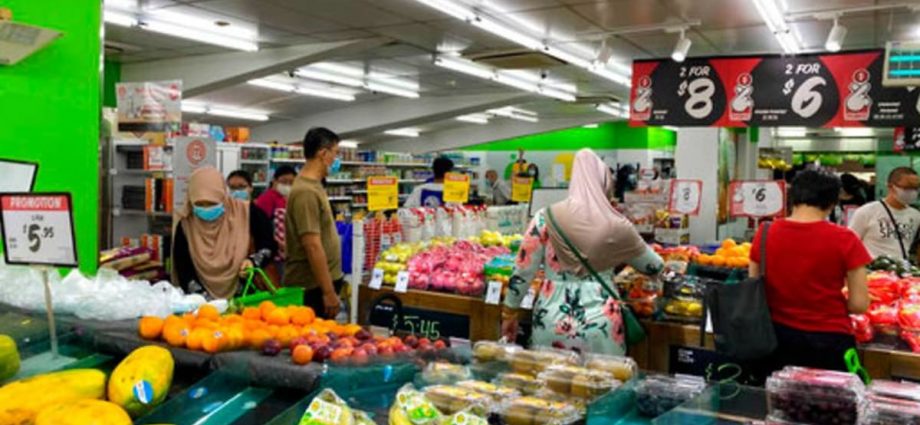
These include driving more fuel-efficient vehicles and using the air-conditioning less, he noted.
“It’s this adaptation process, which is how you manage inflation sustainably. So, I think the government should help us transition to a higher inflation environment but it shouldn’t eliminate all of the effects. Otherwise that won’t be sustainable,” he said.
Associate Professor Theseira from the Singapore University of Social Sciences was speaking during a wide-ranging interview on CNA938, a day after several support measures were announced in Singapore’s Budget 2023.
HELPING LOWER-INCOME CONSUMERS
He noted that some causes of inflation are not temporary.
“The world’s undergoing this permanent shift towards higher prices. That’s because of the retreat of globalisation, and the increasing scarcity of a lot of resources,” he said.
Lower-income consumers will bear the brunt of the effect of inflation in the years ahead “because they simply don’t have the spare cash to deal with these increases,” Assoc Prof Theseira said, adding that helping them involves a two-prong strategy.
One is to give them more handouts and benefits so that the impact of inflation is moderated as much as possible.
“The second big strategy is to try to improve their labour market conditions, so they actually earn their way out of inflation. And I think that’s the most important policy in the long run,” he said.
SUPPORT FOR WORKERS
Assoc Prof Theseira said the transitional support that lower-income platform workers are getting as they make increased Central Provident Fund (CPF) contributions is “necessary”.
“Today, many of the platform workers are just barely making ends meet. They don’t have that margin to pay the CPF contribution which will eventually go up to 20 per cent of their wages as the employee contribution,” he said.
“We want to ease them into it. We don’t want to make their families you know, suddenly plunge them into financial distress overnight,” he added.

